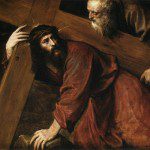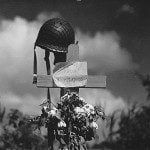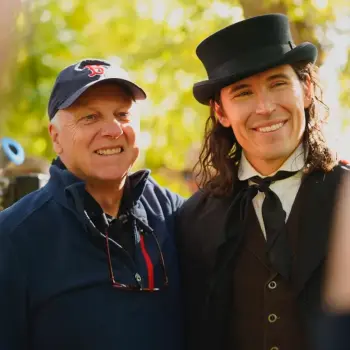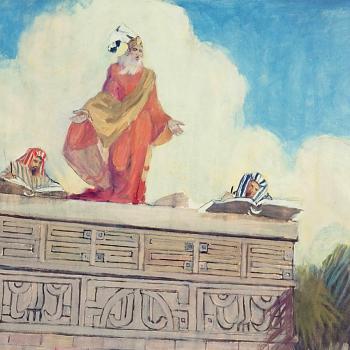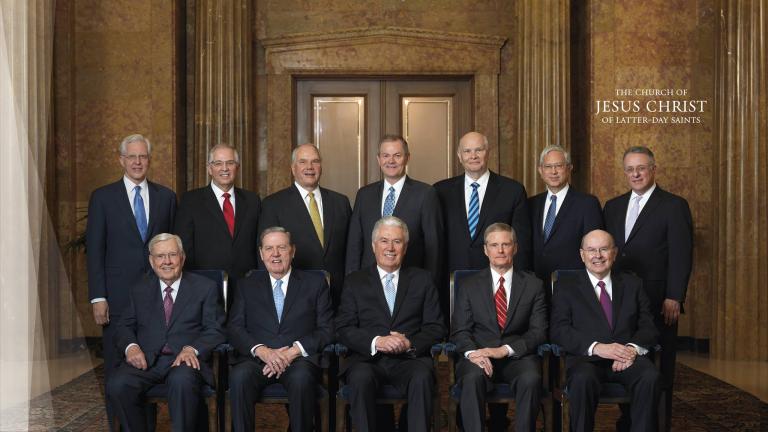
It was, in my judgment, a wonderful General Conference; I thoroughly enjoyed it, and I’m thrilled at the announcement of fifteen new temples — some of them in places where I have friends with whom I’ve already communicated about the news. (And in Jakarta, Indonesia!) Now, too, we have an Easter video from the Prophet: “Forgiving Others: An Easter Message from President Russell M. Nelson”
I was struck, during the Sunday afternoon session, by the remarks of President M. Russell Ballard, who announced his intention to discuss “from my heart a few feelings and thoughts on what matters most.”
One of the items that he listed was “following the promptings of the Spirit in our most important relationships and in our efforts to love our neighbors as ourselves, including in our private and our public ministries.”
I learned this lesson early in my life, while serving as a bishop. Late one cold, snowy winter evening, I was leaving my bishop’s office when I had a strong impression to visit an elderly widow in the ward. I glanced at my watch. It was 10:00 PM. I reasoned that it was too late to make such a visit. Besides, it was snowing. I decided to visit this dear sister first thing in the morning rather than disturbing her at such a late hour. I drove home and went to bed, but tossed and turned throughout the night because the Spirit was stirring me. Early the next morning, I drove straight to the widow’s home. Her daughter answered the door and tearfully said, “Oh, bishop. Thank you for coming. Mother passed away two hours ago.” I was devastated. I will never forget the feelings of my heart. I wept. Who, more than this dear widow, deserved to have her bishop hold her hand, comfort her, and, perhaps, give her a final blessing. I missed that opportunity because I reasoned away this strong prompting from the Spirit. Brothers and sisters, and young men and young women, and Primary children, I testify that following the promptings of the Spirit is one of the things that matter most in all our relationships. (my transcription)
President Ballard’s reminiscence reminded me very much of President Thomas S. Monson, who, even as a busy member of the Quorum of the Twelve and then of the First Presidency, was famous for his caring one-on-one visits to widows and hospital patients and others and for his sensitivity and obedience to spiritual promptings in that regard. Here is a passage from an article (“Serving others is his way of life: ‘I want to live the best I can and do the most for others as long as I can’”) that appeared in the Church News on 25 August 2007, slightly more than two weeks after the death of President James E. Faust, who had been serving as second counselor in the First Presidency of the Church: President Monson himself would succeed to the overall presidency of the Church early the next year:
President Thomas S. Monson, first counselor in the First Presidency, had extra responsibilities placed on his shoulders after President James E. Faust, his long-time friend and colleague in the First Presidency, passed away.
On Tuesday, Aug. 14, President Monson joined President Gordon B. Hinckley in speaking at President Faust’s funeral. The next couple of days were filled with many duties for the remaining counselor in the First Presidency. Yet, as he prepared to go home on Thursday evening, Aug. 16, President Monson commented to his secretary that he felt prompted to visit a friend who had been in his ward’s teachers quorum when young Tom Monson was the quorum’s president. He had learned just that day that his friend had gone into a care center and, although nothing had been said about his friend’s condition, he felt he ought not delay making the visit.
At the care center, President Monson realized that his friend’s hours on earth were limited. He spoke words of comfort and, with one of the man’s sons assisting, gave a blessing. The next morning, Aug. 17, President Monson received news that his friend had passed away.
“Never delay a prompting,” said President Monson during a Church News interview just an hour or so after he learned of his friend’s death. “When you honor a prompting, and then stand back a pace, you realize that the Lord gave you the prompting. It makes me feel good that the Lord even knows who I am, and knows me well enough to know that if He has an errand to be run and He prompts me to run the errand, the errand will get done. That’s the testimony of my life.”
But President Monson, too, had to learn to obey spiritual promptings, and one of his painful learning experiences was very like that related by President Ballard. Here is a passage from an article (“In Memoriam: President Thomas S. Monson: Prophet and Friend: ‘Fear not. Be of good cheer. The future is as bright as your faith.'”) that was published about him shortly after his passing on 2 January 2018:
While attending a stake leadership meeting, Bishop Monson felt a strong prompting to leave at once to visit an older ward member being treated at the veterans’ hospital. Unfortunately, the stake president was speaking, so the young bishop impatiently waited until he finished before rushing to the hospital. As he ran to the man’s room, a nurse stopped him. She asked, “Are you Bishop Monson?” and proceeded to tell him that “the patient was asking for you just before he died.” Bishop Monson drove home that night vowing to never again fail to act on a prompting from the Holy Ghost, a commitment reflected over and over again in the remainder of his Church service.
I suspect that one of the attributes that qualified Thomas S. Monson and M. Russell Ballard for their eventual calling as prophets, seers, and revelators was the receptiveness that they had developed to such promptings of the Spirit, even in seemingly small matters, and their willingness to act upon them. As Joseph Smith taught:
A person may profit by noticing the first intimation of the Spirit of Revelation. For instance when you feel pure Intelligence flowing unto you it may give you sudden strokes of ideas that by noticing it you may find it fulfilled the same day or soon.
I like these words, from an April 2017 conference talk (“Let the Holy Spirit Guide”) by Elder Ronald A. Rasband of the Quorum of the Twelve that treats the very subject on which I’ve focused here:
We must be confident in our first promptings. Sometimes we rationalize; we wonder if we are feeling a spiritual impression or if it is just our own thoughts. When we begin to second-guess, even third-guess, our feelings—and we all have—we are dismissing the Spirit; we are questioning divine counsel. The Prophet Joseph Smith taught that if you will listen to the first promptings, you will get it right nine times out of ten.
It is a capacity that I myself have scarcely developed, but one that I greatly admire and hope (even at this late stage in my earthly sojourn) to emulate. I’ve had a few such experiences, and I have benefitted greatly from them.
For the record, my late brother once called me from California, weeping, to tell me of a truly remarkable series of promptings that he had received and, happily, followed. I’ve never forgotten what he told me, though it’s too sacred for me to want to share it here.



